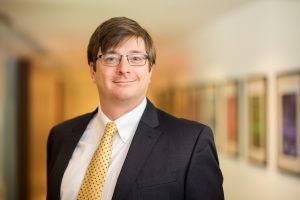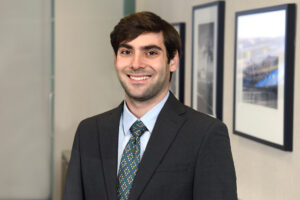Before the en banc court, Moore, Lourie, Dyk, Prost, Reyna, Taranto, Chen, Hughes, Stoll, and Stark. Appeal from the United States District Court for the Western District of Texas.
Summary: A district court’s denial of a motion for a new trial on damages was an abuse of discretion because the expert opinion was not based upon sufficient facts or data.
EcoFactor sued Google for patent infringement, relying on an expert opinion to calculate the damages. The expert relied on three prior EcoFactor licenses and testimony from EcoFactor’s CEO to calculate damages under the established “willing licensor-willing licensee” framework. After the jury found in favor of EcoFactor, Google sought a new trial on damages, arguing that EcoFactor’s expert testimony should have been excluded as unreliable. The district court denied the motion for a new trial on damages.
On appeal, the Federal Circuit held that district court abused its discretion. The court explained that Rule 702 required the trial court, in its gatekeeping role, to assess whether the basis of the expert testimony was sufficiently reliable to be presented to the jury. The prior licenses on which EcoFactor’s expert relied involved lump-sum payments. The Federal Circuit held these licenses could not be a reliable basis for the expert’s opinion on a reasonable royalty because (1) running-royalty agreements and lump-sum licenses and fundamentally different, and (2) the provisions of the prior licenses were inconsistent with a running-royalty arrangement. Thus, while the Federal Circuit acknowledged that licenses can be relevant to a damages analysis, it held that these particular lump-sum agreements could not support the expert’s opinion that the licensees would have agreed to pay a particular running-royalty rate.
The expert’s damages opinion also relied on testimony from EcoFactor’s CEO. The Federal Circuit held that the CEO’s testimony could not provide a factual basis for the expert’s opinion because it was unsupported by evidence and therefore amounted to unsupported assertions from an interested party. The Federal Circuit further concluded that the admission of the expert testimony was not harmless error. Accordingly, the Federal Circuit reversed the district court’s denial of Google’s motion for a new trial and remanded the case for a new trial on damages.
Editor: Sean Murray

